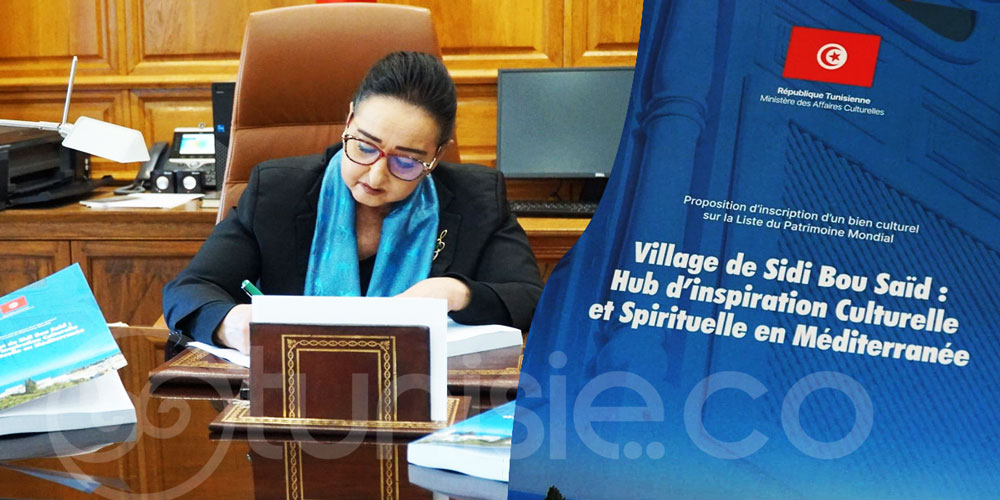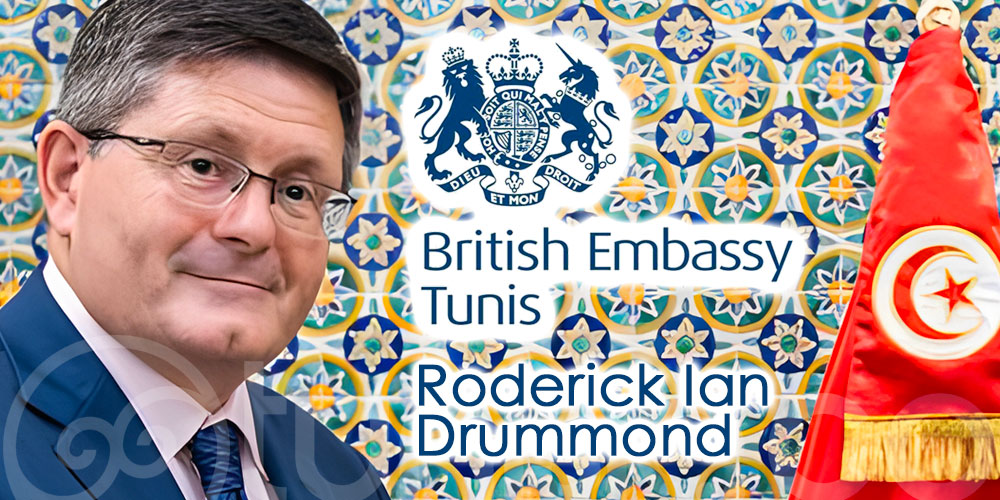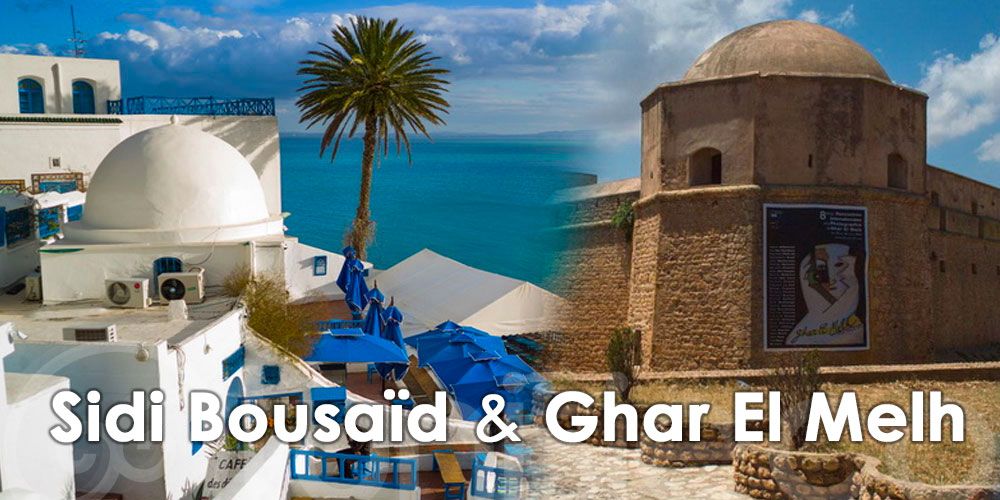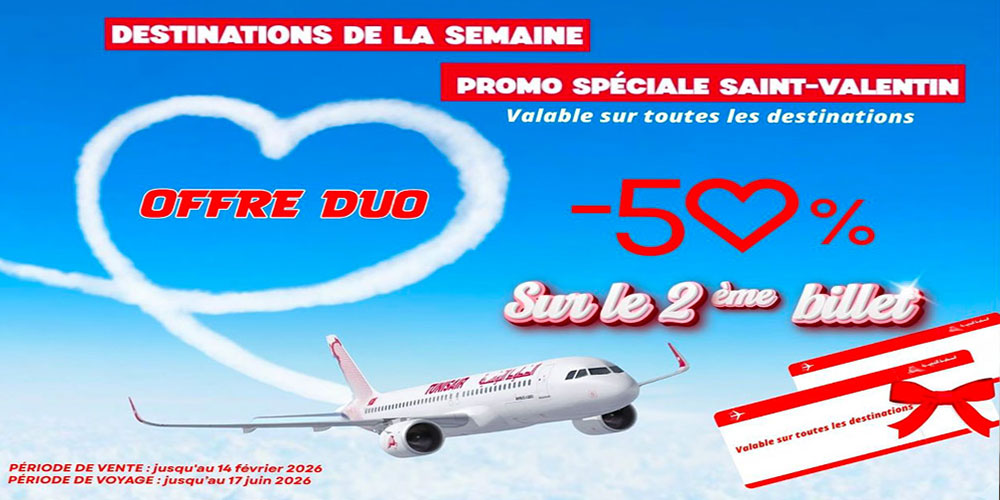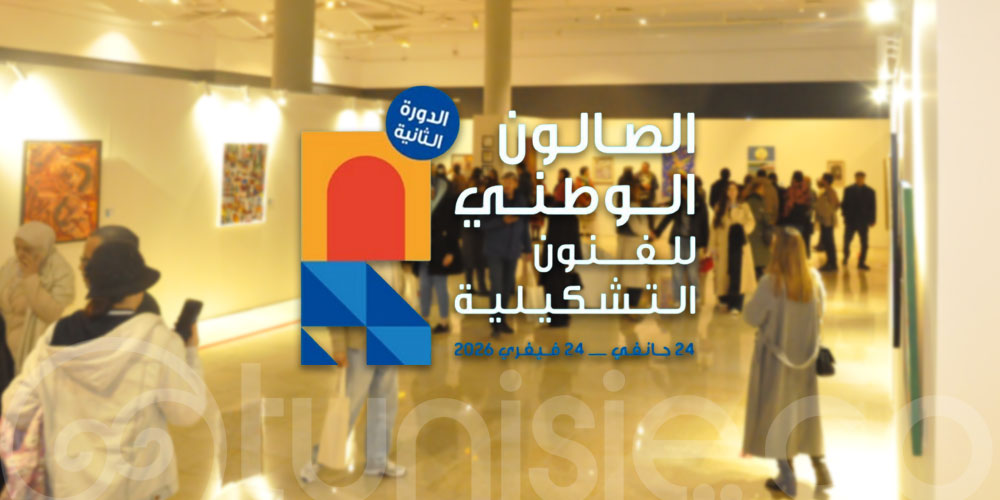Traveling in Tunisia requires a good understanding of its monetary system and adequate budget planning.
Currency and budget in Tunisia: a practical guide for travelers
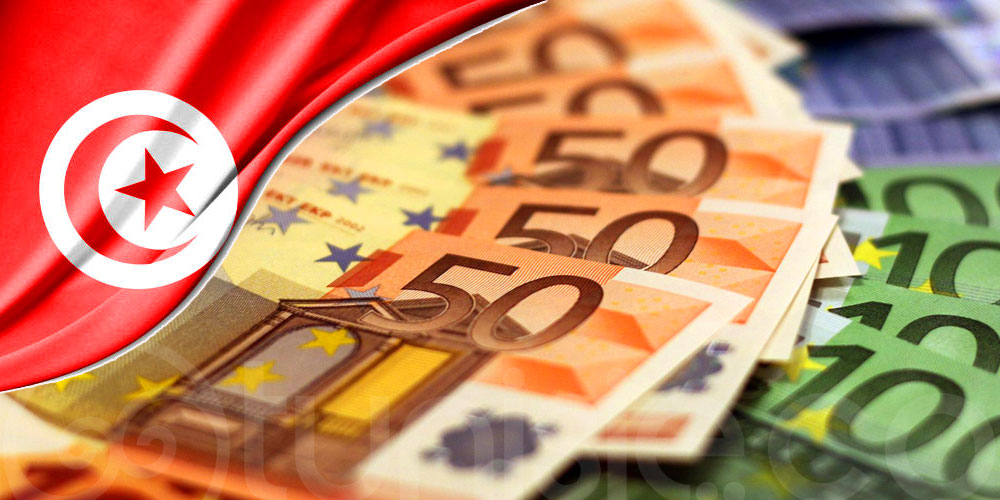
Here is a complete guide to help you manage your money during your stay.
Tunisian Currency
The official currency of Tunisia is the Tunisian Dinar (TND), symbolized by "DT". One dinar is subdivided into 1,000 millimes. Coins in circulation include 50, 100, 200, and 500 millimes, as well as 1 and 2 dinars. Banknotes are available in denominations of 5, 10, 20, and 50 dinars.
Exchange Rates
As of February 21, 2025, the exchange rates were as follows:
|
Currency |
Code |
1 unit = X TND
|
|
Euro |
EUR |
3.284 |
|
US Dollar |
USD |
3.140 |
|
British Pound |
GBP |
4.0014 |
|
Japanese Yen |
JPY |
20.652 for 1,000 JPY |
These rates are subject to fluctuation; therefore, it is recommended to check the current rates before your trip.
Currency Exchange
Importing or exporting Tunisian dinars is prohibited. Therefore, you will need to exchange your currency upon arrival in Tunisia. Exchange offices are available in airports, banks, hotels, and post offices. Exchange rates are generally regulated, but it is advisable to compare rates and keep your exchange receipts for potential reconversion before departure.
Credit Cards and ATMs
International credit cards such as Visa and MasterCard are accepted in major hotels, restaurants, and some shops. However, in rural areas or small establishments, cash payments are preferred. ATMs are widespread in urban and tourist areas, allowing withdrawals in Tunisian dinars. Note that fees may apply for each withdrawal, and limits may vary depending on the bank.
Daily Budget
Tunisia is known for its affordable cost of living. Here is an estimate of daily expenses for a traveler:
Accommodation:
Budget option: less than 50 TND per person
Mid-range budget: 50 to 130 TND per person
Luxury budget: more than 130 TND per person
Meals:
Budget option: less than 12 TND
Mid-range budget: 12 to 22 TND
Luxury budget: more than 22 TND
These estimates may vary depending on the region and season.
Tipping and Bargaining
Tipping, or "bakchich," is a common practice in Tunisia. Although service is often included in restaurants, it is appreciated to leave a small extra amount if the service was satisfactory. In souks and markets, bargaining is a tradition. Do not hesitate to negotiate prices; it is part of the cultural experience.
Practical Tips
Currency Exchange: Avoid changing money on the street for security reasons and less favorable rates.
Security: As everywhere, be mindful of your belongings, especially in crowded places.
Reconversion: If you wish to reconvert your remaining dinars into foreign currency before leaving the country, keep your exchange receipts, as they may be required.
By planning well and staying informed, you can fully enjoy your stay in Tunisia with peace of mind.

